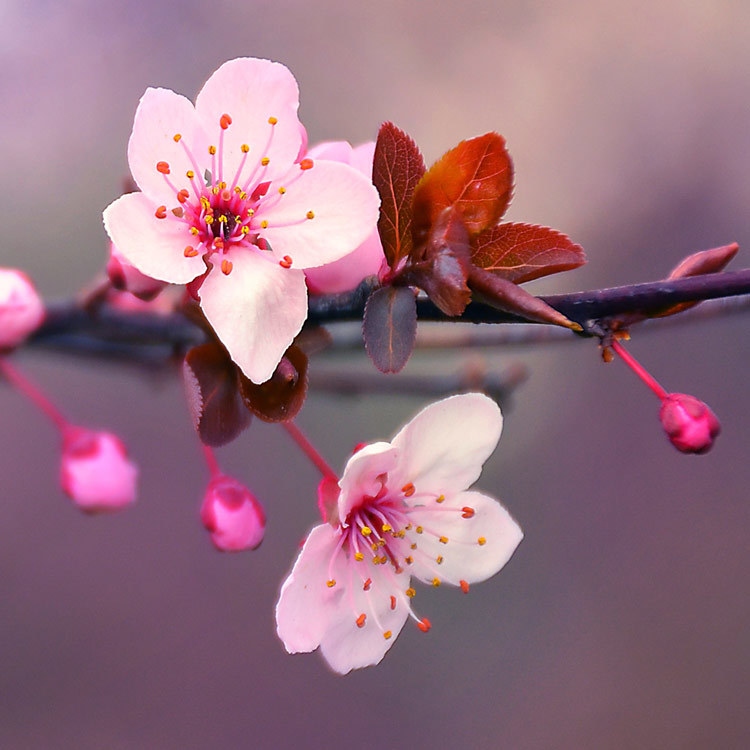8 Warnings Signs Your Hair Reveals About Your Health
Advertisements

Whether you wear your hair long or short, straight or curly, natural or coiffed, your hair says a lot about your personality. But did you know it also says a lot about your health?
If you pay attention to your hair, it can tell you if something’s wrong. Here are eight health problems your hair can indicate and how you can identify them.
Protein deficiency

Does your hair grow slowly? Is it brittle and breaks easily? It may be because you lack protein in your diet. Hair is made of protein, after all.
If you don’t intake new protein, your body has no incentive to put the old protein into strands and grow it out of your skin.
Lean meats, eggs, and dairy are all good sources of protein, as are nuts, soy, and tofu if you’re following a vegetarian or vegan routine.
RELATED: What Happens When You Stop Washing Your Hair
Anemia

Protein also has the benefit of helping keep your blood cells healthy. That’s because many protein-rich foods also contain high levels of nutritional iron. Your blood cells need this element in order to carry oxygen cells through your body. When you have an iron deficiency, that’s called anemia.
Your hair needs iron to stay healthy, too. Taking an iron supplement can help stop hair from falling out and even regrow some of it. But iron is a powerful compound that can, if too much is taken, cause cirrhosis of the liver and irregular heartbeats, so don’t take iron supplements without a doctor’s approval.
Skin conditions

Are you losing your hair? Hair is attached to the skin by the follicle, which has to stay healthy in order to keep the hair attached and to grow more. So, losing hair can be a side effect of having skin problems and allergies.
Psoriasis and dermatitis are two skin conditions that make your skin itchy and irritated, and constant scratching or rubbing of the skin can make your follicles lose their grip. You can reverse a lot of this damage just by getting the skin treated, preferably with the help of a dermatologist.
RELATED: 10 Dirty Hair Hacks To Fake A Fresh Wash
Thyroid issues

Your thyroid is an important part of your body. Located in your neck, it’s a small gland that basically controls your metabolism. You can’t even feel it unless there’s something wrong. Swelling of the thyroid is an indicator of an infection.
But if your hair starts falling out, that can be a warning sign that you might have thyroid issues. Normally you lose a few strands of hair a day. But if you notice more hair loss than usual, you might want to have your thyroid checked.
Menopause

If you’re a woman and your hair is falling out or just getting thinner, it can be an indicator of massive hormonal changes. And, there is no greater hormone flux for women than menopause.
The drop in estrogen and progesterone later in life leads to hair loss among women in almost half the cases studied. This may not be the primary reason women take hormone replacement therapy after menopause; usually it’s to ease other symptoms like hot flashes and mood swings. But it certainly is something to take into consideration.
RELATED: Top 10 Haircuts Making Waves In 2021
Pregnancy

On the other hand, if you’re a woman and your hair has become thicker and fuller than usual, it could be because you’re pregnant. This is due to higher levels of estrogen and progesterone in your body.
After about 15 weeks of pregnancy, many women experience thicker, fuller hair. However, the effects are temporary. Women tend to experience some hair loss after giving birth.
Poor diet

If your hair is thinning or in poor condition, it could be a sign of a poor diet. Your diet has a lot to do with your hair condition. You have to keep hydrated as well as keep up your protein intake.
If your diet consists of a lot of processed carbs, sugar, and other fillers, you are doing your hair a disservice. The more junk you eat, the less healthy, hair growing nutrients you are giving your body.
So, if you want to improve the health of your hair, take a few steps to improving your overall health while you’re at it.
RELATED: 8 Simple Ways To Eat Healthier
Stress

Stress is another thing that can make your hair fall out, and not just because you’re pulling it in frustration. A body under stress starts attacking its own cells, causing rashes and other conditions. Your scalp is also affected, and when your body attacks your hair follicles, your hair is no longer held into place.
Stress can also lead to prematurely gray hair. Some people who have had a sudden, terrifying experience have had patches of their hair literally lose pigment overnight. If you thought that “so scared my hair turned white” was just a figure of speech, it’s actually a thing that happens.
So, remember to take care of your mental well-being before you start seeing the physical effects of stress.

